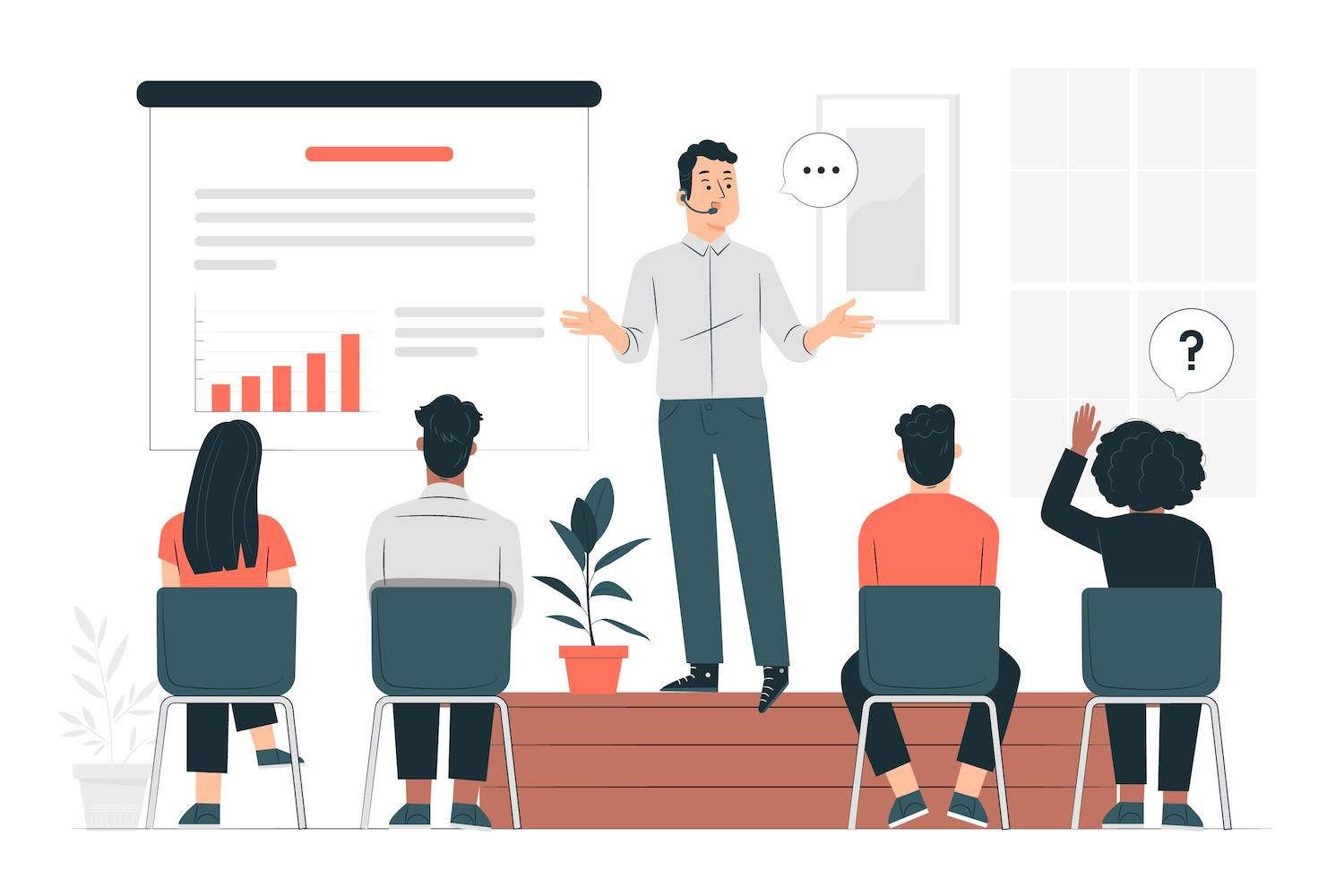What Epic is looking for in App Stores What else do other Game Developers Really Want? -
As mobile game and app developers scream for air in the face of an unpopular duopoly tax which can be 30% of every mobile gaming dollar, Epic Games has emerged as the gaming industry's leading player fighting for the right to open computing on mobile.
privately asked both large as well as small-sized studios alike to tell them what they'd want to see. here is the answers they gave to see.
Background Introduction: The Slow Decline of Open Computing as well as the 30% App Tax
Computing has never been more flexible than it is today. Since the beginning games and video developers have relied on open computing that runs on PC and Mac platforms since it allowed developers to create titles in the way they see fit, have an immediate relationship with their customers and select payment methods that work for the game. There were no gatekeepers, only computers and players or game. The world has changed.
Nowadays, over half of the time that screens are used for computing is accessed via smartphones -- a share that's growing -as well as more than 100% of the market share of mobile OS are shared between Apple as well as Google. Because of the dominant position of mobile-based market shares and the ensuing tighter controls regarding game distribution as well as e-commerce The world accessible to computers is now is in danger more than ever before and is putting a huge cost on the consumer in the form of app developers and game makers.
For instance I would say that both Google as well as Apple's app stores impose an additional 30% charge on purchases for games and the products that come with games sold through their platform. Apple is the sole control over distribution of games as well as the e-commerce platform through iOS devices. However, Google allows OEM marketplace applications, as well as sideloading mobile games, however it restricts third-party game payment for games that are distributed via Google Play.
Google Play does offer a third-party integration of payments only for a handful of game developers via the " user choice billing" trial; however "user option billing" is a costly evergreen market fees that vary between 26% and 36% even when you use the payment provider of your choice and assume all the responsibility and risk associated with payments.
The result of Apple and Google's control over the majority of global computing is that there's a standard 30% tax for applications and mobile games. The tax is which is paid by users, does not go to game developers, and blocks the free flow of information and commerce. Because of this monopoly in open computing, developers of all kinds of games believe something has to change.
What Do Game Developers Who aren't Epic
The employees of our firm embarked on a month-long journey to speak with game studios big and small about what they hoped to see change with regards to the rules of mobile apps store. While not everyone agreed on all points, here are the top three points they indicated they'd like:
1. iOS to support sideloading games with no scare screens.
iOS has been restricted for a long time "sideloading" games and applications which are loaded when an application is downloaded out of the App Store, either from the site of the developer or other market. Sideloading allows freedom for players to buy and developers to market and distribute games, in any way they wish and in any manner the player is willing to comply with. Android supports sideloading games and applications, but only in conjunction with the horrendous warnings known by the name of "scare screens" which warn smartphone users about the dangers associated with "downloading applications through on the web." Most game developers interviewed believed Apple ought to be able support sideloading. They also felt they believed that Apple as well as Google shouldn't use hyper-simple self-serving alert screens that denigrate applications that are distributed outside of the app store they own.
2. You can allow Unlimited "steering" and embedded payment through third-party payment processors.
Both Google as well as Apple limit the possibilities of displaying prices and purchase alternatives that are operated by third-party payment companies that aren't accessible through the app store. Similar items may be sold at a lower cost for players, however game developers can't direct their users toward these options, give the option of purchasing different items, or even embed third-party purchase experience into their games. Although many of the game designers who we talked to saw great benefit in making use of apps, the main point of preference was to give gamers and developers the option to eliminate steering and embedded payments restrictions.
3. The cost is 0% for steering as well as embedded payment.
The possibility of allowing steering and embedded payment is a problem, however like we've witnessed with the Google "user preference billing" pilot, the capability to carry out something and also motivation to profit from it are two different factors. The trial of "user choice billing" featuring a still-massive 26% charge for transactions that are made via third-party payment services and the costs which these companies are charged the result is no benefit for most game makers. Game developers we spoke to felt that zero was an appropriate price for transactions outside of the app store. However, many did seem supportive of some sort or financial compensation for apps that would encourage the download and adoption of games. The fact that they would take a cut of 26% of any transaction conducted through a third-party is very different from what creators believed to be fair.
What's next?
There are also other subliminal desires regarding the way apps operate, which game developers are hoping to know about, the three demands are at the core of their belief that will drive real transformation in open computing on mobile devices.
About

David Nachman David is the CEO of an all-inclusive, reliable e-commerce company that provides services to software companies. The chief executive is in charge of overseeing the expansion of its already impressive track record of offering top-quality ecommerce services to the rapidly growing market of software. In the last 20 years David was in a variety of positions as functional vice-president to CEO at high-growth firms such as Vision, Velocify, and HireRight.
This post was posted on here
